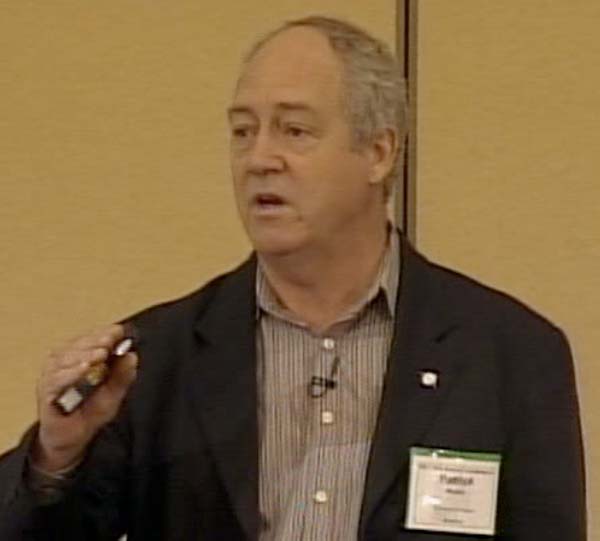Pentagon Rejects Its Own Pundit Program Whitewash
The continuing saga of the Pentagon pundit program just keeps getting curiouser and curiouser, as Alice in Wonderland might say.
From 2002 to 2008, the Defense Department secretly cultivated more than 70 retired military officers who frequently serve as media commentators. Initially, the goal was to use them as "message force multipliers," to bolster the Bush administration's Iraq War sell job. That went so well that the covert program to shape U.S. public opinion -- an illegal effort, by any reasonable reading of the law -- was expanded to spin everything from then-Defense Secretary Rumsfeld's job performance to U.S. military operations in Afghanistan to the Guantanamo Bay detention center to warrantless wiretapping.
In April 2008, shortly after the New York Times first reported on the Pentagon's pundits -- an in-depth exposé that recently won the Times' David Barstow his second Pulitzer Prize -- the Pentagon suspended the program. In January 2009, the Defense Department Inspector General's office released a report claiming "there was an 'insufficient basis' to conclude that the program had violated laws." Representative Paul Hodes, one of the program's many Congressional critics, called the Inspector General's report "a whitewash."
Now, it seems as though the Pentagon agrees.

 It is "inevitable that a small amount of ingested pharmaceuticals will eventually show up at trace levels in wastewater,"
It is "inevitable that a small amount of ingested pharmaceuticals will eventually show up at trace levels in wastewater,"  Until March 2008, the major public relations firm
Until March 2008, the major public relations firm  In early 2002, the Pentagon began cultivating retired military officers who frequently serve as media commentators, so that they would help make the case for invading Iraq.
In early 2002, the Pentagon began cultivating retired military officers who frequently serve as media commentators, so that they would help make the case for invading Iraq.